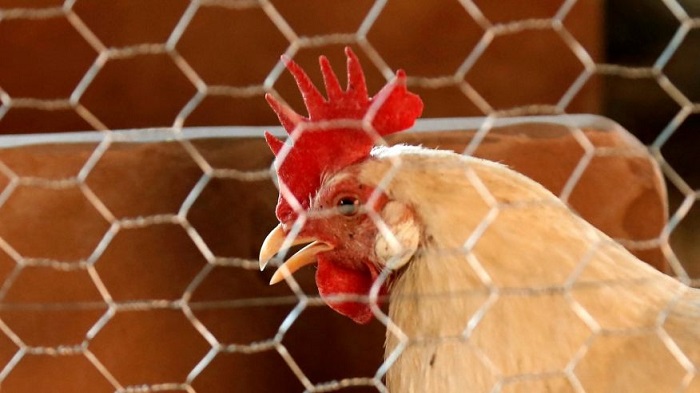“Our study provides the earliest directly dated evidence for the presence of chickens in Africa and points to the significance of Red Sea and East African trade routes in the introduction of the chicken,” Helina Woldekiros, the lead author on the new study and a postdoctoral anthropology researcher at Washington University, said in a statement.
Before this study, the oldest chicken bones on the continent dated to about 685-525 B.C. The fowl are first thought to have come to Africa through the north— like Egypt and the Nile Valley— about 2,500 years ago, and past research has even drawn on images of chickens on ceramics or paintings, in addition to the study of old chicken bones. This new research highlights the continent’s eastern side a possible pathway for chickens into Africa.
“Some of these bones were directly radiocarbon dated to 819–755 B.C., and with charcoal dates of 919–801 B.C. make these the earliest chickens in Africa,” Woldekiros added, in the statement. “They predate the earliest known Egyptian chickens by at least 300 years and highlight early exotic faunal exchanges in the Horn of Africa during the early first millennium B.C.”
The bones were first excavated from a village called Mezber in northern Ethiopia.
More about:
















































